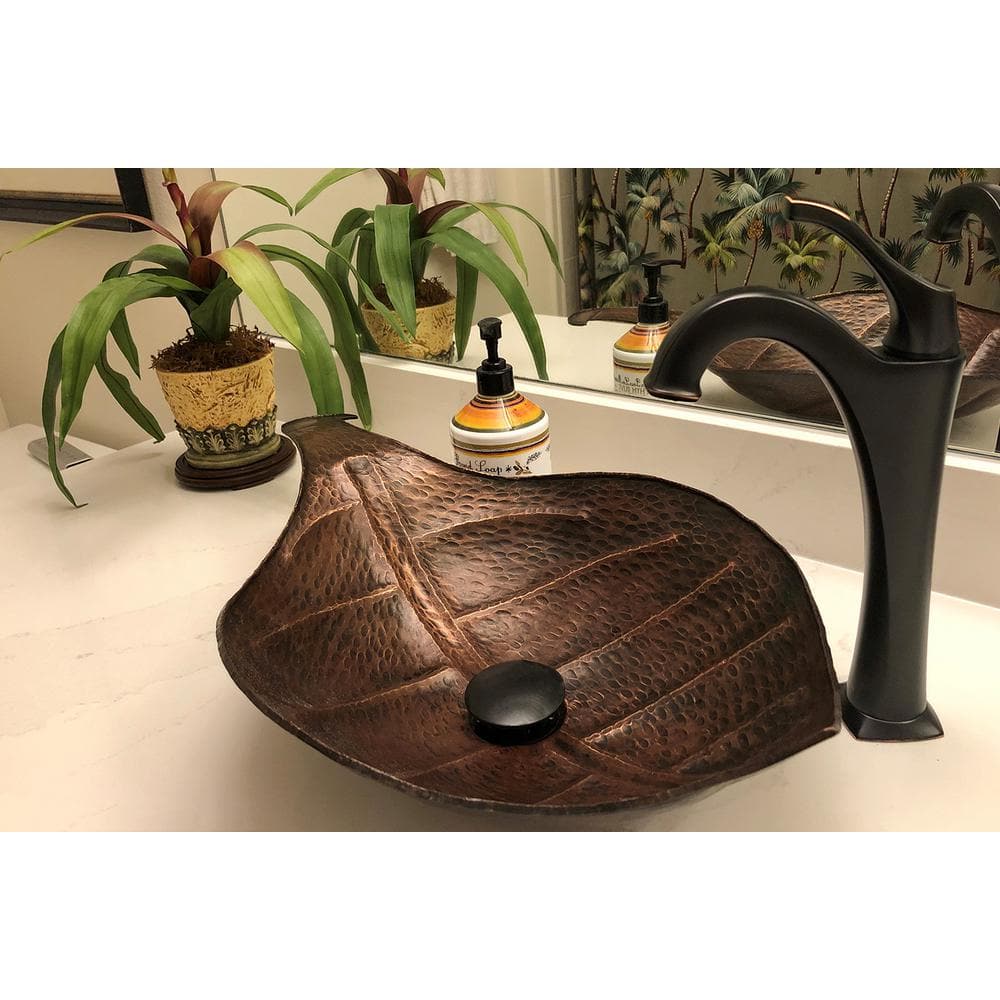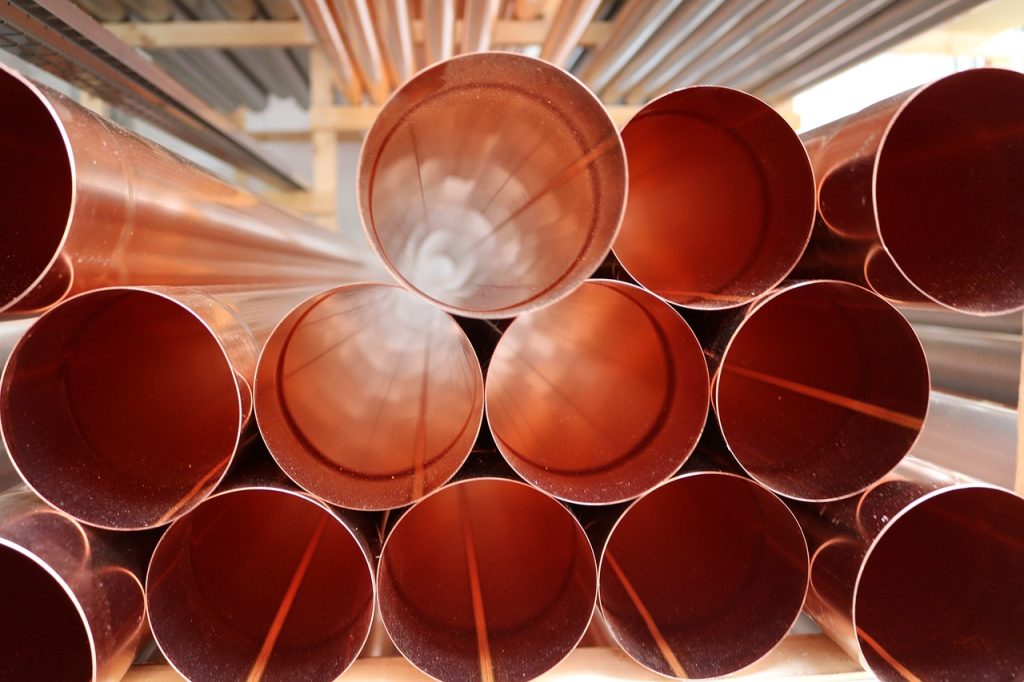Leading Trends in Home Decoration Featuring Elegant and Practical Copper Products
Leading Trends in Home Decoration Featuring Elegant and Practical Copper Products
Blog Article
Exploring the Diverse Applications of Copper Products in Modern Industries
From enhancing the effectiveness of electric systems to playing a vital function in eco-friendly power modern technologies, the flexibility of copper is obvious. As industries increasingly focus on innovation and sustainability, the diverse applications of copper call for a closer examination, especially concerning their potential effect on future environmental methods and technical innovations.
Electrical Applications of Copper
Copper is an essential product in the electrical sector, representing around 60% of the total need for non-ferrous steels internationally - Copper Products. Its superior electrical conductivity, which is nearly two times that of light weight aluminum, makes it the favored option for a large range of electrical applications. From wiring systems in residential and business buildings to high-voltage power transmission lines, copper makes sure effectiveness and integrity in electrical power distribution
Along with circuitry, copper is important to the production of electric parts such as electric motors, generators, and transformers. These parts utilize copper's thermal conductivity and malleability, crucial for heat dissipation and reliable efficiency. Copper's resistance to corrosion improves the life-span and resilience of electric systems, making it an economical solution in the lengthy term.
The growth of eco-friendly energy resources, such as solar and wind power, has further enhanced the need for copper in electric applications. As industries transition towards lasting power options, copper's role comes to be a lot more crucial. In general, the adaptability and performance qualities of copper solidify its condition as a keystone product within the electrical field, driving development and performance across numerous applications.
Pipes and Piping Solutions
In contemporary pipes systems, the selection of materials considerably impacts both functionality and durability. Copper has become a preferred option due to its unique residential properties, including rust resistance and antimicrobial attributes. These features ensure that copper piping continues to be safe and sturdy for delivering drinkable water, a vital consideration in domestic and commercial applications.
Among the crucial advantages of copper in pipes is its capacity to hold up against high temperature levels and pressures, making it appropriate for a range of applications, from warm water systems to heating and cooling networks. Furthermore, copper's versatility enables much easier installment in complicated piping layouts, lowering the danger of failures and leakages.
Another noteworthy benefit is copper's lengthy lifespan, frequently going beyond half a century with appropriate upkeep. This long life not just minimizes replacement expenses however also adds to lasting methods by minimizing waste. Additionally, copper's recyclability lines up with contemporary environmental standards, promoting a circular economy within the pipes market.
Copper in Renewable Resource
The flexibility of copper prolongs past pipes applications, playing an essential duty in the eco-friendly power market. In solar panels, copper is made use of in solar cells and wiring, promoting reliable energy conversion and transmission.

Moreover, as the worldwide need for electric vehicles (EVs) boosts, copper's duty in battery systems and billing facilities ends up being also a lot more significant. The product's capacity to perform electrical power effectively is important to the performance of EV batteries, improving array and charging rate.
Copper's Duty in Electronic devices
Electronic devices manufacturing counts heavily on copper's exceptional residential properties, particularly its high electrical conductivity and thermal performance. These attributes make copper an ideal choice for a vast array of digital elements, consisting visite site of ports, motherboard, and circuitry. The metal's ability to effectively transfer electric signals makes sure minimal energy loss, which is crucial in high-performance digital gadgets.
Furthermore, copper's thermal conductivity plays a considerable role in warmth dissipation, securing sensitive components from overheating. This is especially important in contemporary electronic devices, where small designs cause enhanced warmth generation. Copper is additionally favored for its malleability and ductility, enabling it to be quickly formed right into complex styles that satisfy the demands of innovative electronic applications.
With the increase of customer electronics, telecoms, and electric automobiles, the need for copper in the electronics industry remains to grow. As technologies in technology develop, copper continues to be indispensable to attaining higher performance and integrity in electronic products. Its recyclability further enhances its allure, as manufacturers look for lasting services without compromising top quality. Hence, copper continues to be a keystone material in the ever-expanding field of electronic devices.
Innovative Makes Use Of in Manufacturing

One notable application remains in additive production, where copper-based materials are employed in 3D printing processes. This permits the production of lightweight parts and complicated geometries, particularly in the aerospace and automotive sectors. Furthermore, copper's thermal conductivity makes it an optimal choice for warmth exchangers, enhancing effectiveness in commercial cooling systems.
Moreover, the increase of clever manufacturing has actually seen the unification of copper in IoT devices, where its conductive capacities support innovative picking up innovations. In the world of renewable resource, copper is crucial in the production of photovoltaic panels and wind turbines, assisting in more effective energy conversion and distribution.
As markets pursue sustainability and development, copper's convenience and efficiency continue to position it as an important product, driving innovations in production and adding to the growth of smarter, much more effective items.
Conclusion
In recap, copper items show exceptional adaptability across various contemporary markets. Copper Products. Their remarkable conductivity boosts electric applications, while rust resistance guarantees reliability in plumbing. The essential function of copper in eco-friendly power and its vital function in electronic devices highlight its significance beforehand sustainable methods. Additionally, ingenious uses in making emphasize copper's versatility and anchor enduring value. Collectively, these applications show copper's critical payment to technological progression and commercial performance Your Domain Name in contemporary society.
From enhancing the effectiveness of electrical systems to playing an important duty in renewable power innovations, the convenience of copper is evident. As industries significantly prioritize advancement and sustainability, the varied applications of copper call for a closer examination, particularly concerning their potential effect on future technical innovations and ecological methods.
The growth of renewable power resources, such as solar and wind power, has better raised the need for copper in electric applications. In general, the flexibility and performance characteristics of copper solidify its standing as a cornerstone product within the electrical industry, driving innovation and performance across different applications.
The convenience of copper prolongs past pipes applications, playing an essential function in the renewable energy sector.
Report this page